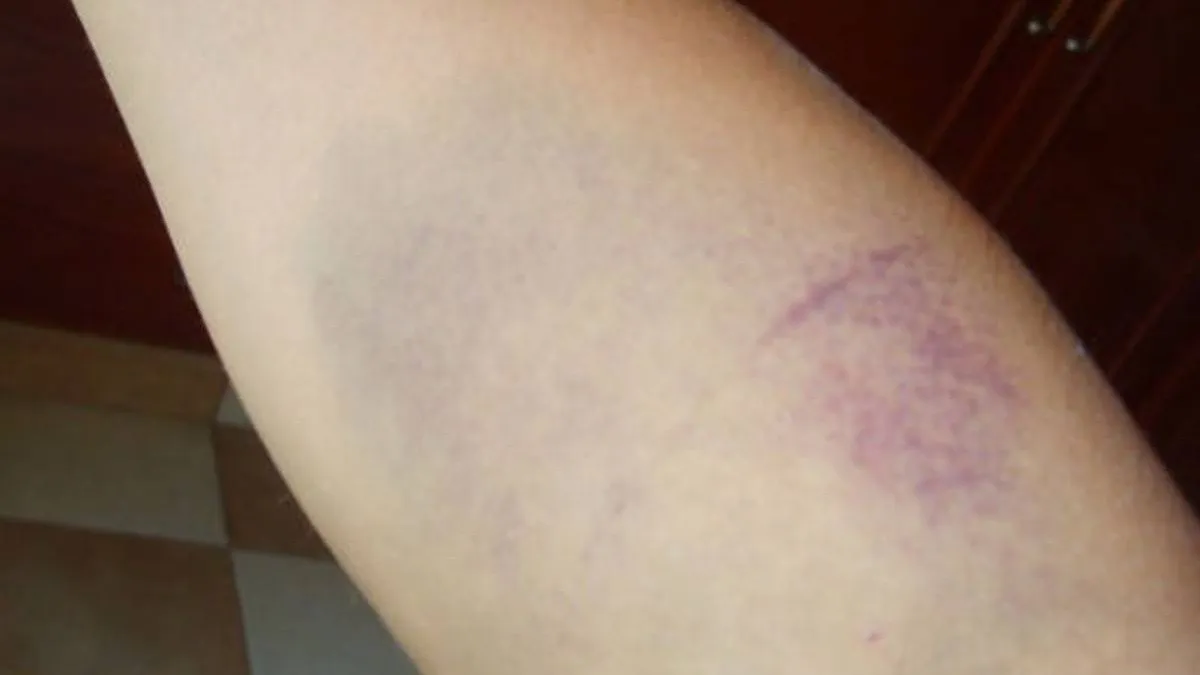Unexplained bruising, bleeding gums, and nosebleeds may be early symptoms of Acute Promyelocytic Leukemia (APL), an aggressive but treatable form of leukemia in adults.
An unexplained bruise, minor bleeding from the gums when brushing your teeth, or a recurring nosebleed may seem like passing annoyances. However, for people between the ages of 30 and 60—especially those who lead sedentary lives and spend much of their day in the office —these symptoms could be the first warning sign of a serious but highly treatable hematologic disease: Acute Promyelocytic Leukemia (APL).
Dr. Luis Meillón, hematologist and former president of the Mexican Association for the Study of Hematology (AMEH), warns that these symptoms should not be attributed to stress, fatigue, or work routine.
“These symptoms are not normal. They could be the first manifestation of APL, which is highly treatable if detected early,” he noted.
A little-known type of leukemia, but with effective treatment
Acute promyelocytic leukemia is an aggressive form of acute leukemia that primarily affects adults between the ages of 30 and 60, with a higher number of diagnoses occurring in those aged 50 and over.
Although it is a little-known condition, medical advances have transformed its treatment: in many cases, chemotherapy is no longer required, provided a timely diagnosis is made.
Signs that should not be ignored
According to specialists, the main symptoms of APL include:
- Large or multiple bruises without having received a blow.
- Bleeding when brushing teeth.
- Frequent nosebleeds.
- Red dots on the skin (petechiae).
- Heavier than usual periods.
- Paleness, fatigue, or dizziness even with minimal exertion.
“The key is not to normalize,” Meillón emphasizes. “In consultations, we see people who delay their care because they think they’re stressed or because they spend too many hours sitting. But the body speaks, and recognizing these signs can completely change the prognosis.”
Diagnosis and treatment
The diagnostic process begins with simple tests: a complete blood count, platelet count, and coagulation studies. If abnormalities are detected, the patient should be immediately referred to a hematology specialist. Self-medication or resorting to home remedies, warns Meillón, can complicate the situation.
Today, thanks to combinations such as all-trans retinoic acid and arsenic trioxide, more than 85% of patients achieve disease remission without the need for chemotherapy, as long as diagnosis is not delayed.
Detecting the symptoms of Acute Promyelocytic Leukemia early not only saves lives but also opens the door to less invasive therapies, avoiding serious complications, and achieving a full recovery in people who are often in their prime.























+ There are no comments
Add yours